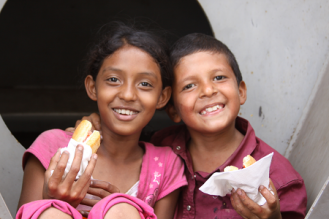The Unitarian Universalist Service Committee advances human rights through grassroots collaborations.
Flood the Desert Action Highlights Dire Need to Support, Uplift Migrants
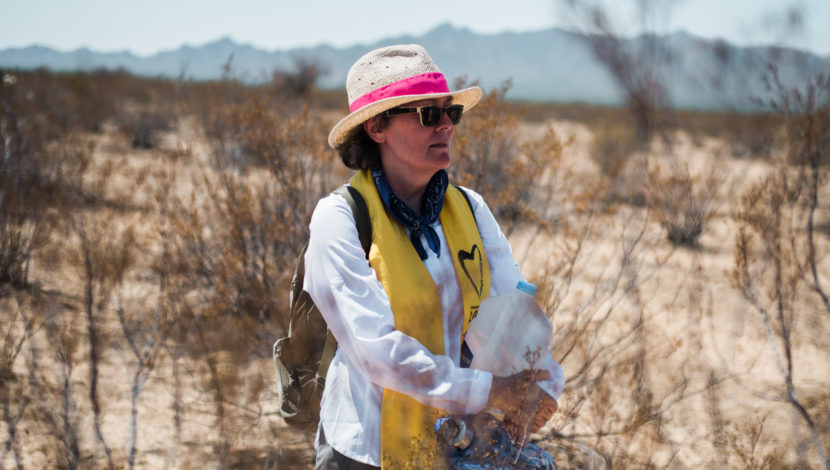
By on August 9, 2018
I’m just a few days back from a trip to Arizona to support our partner, No More Deaths. Several months ago they asked UUSC to help organize an interfaith gathering of clergy leaders to show up in support of migrants making the too-often deadly passage through the desert and in solidarity with volunteers who have been targeted and charged for their humanitarian aid work.
On the trip down to southwest Arizona, I lost track of how many Border Patrol vehicles I saw as we cruised down Route 85 into the former industrial town previously well-known for mining copper in the early 20th Century. Just a week prior to my arrival, 95 migrants—ranging in age from three months to 60—were detained near Ajo.
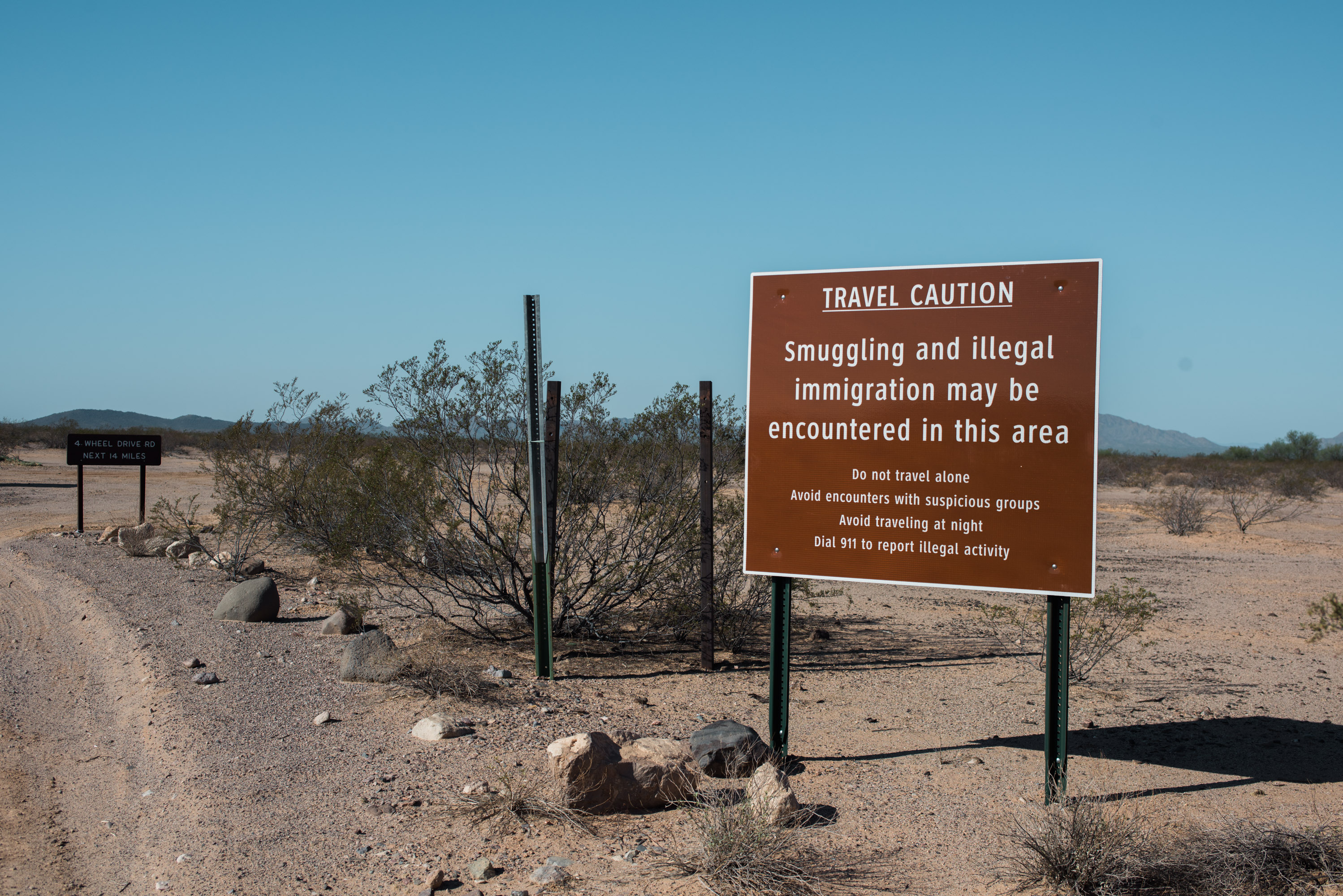
They likely hailed from three Central American countries plagued by political and social unrest:
- Honduras (its citizens are facing threats to their freedom of expression by its government);
- El Salvador (which saw the blossoming of gang warfare and extreme violence after a horrific, 12-year civil war that took the lives of more than 75,000 people); and
- Guatemala (a country with a dismaying level of violence, dire human rights conditions, and a frightening amount of economic inequality)
The faces of those 95 people—and the countless others who’ve died or disappeared while migrating to the United States—are what drove me to that small Arizona town during a heat wave that saw temperatures hovering well-above 100 degrees during the day.
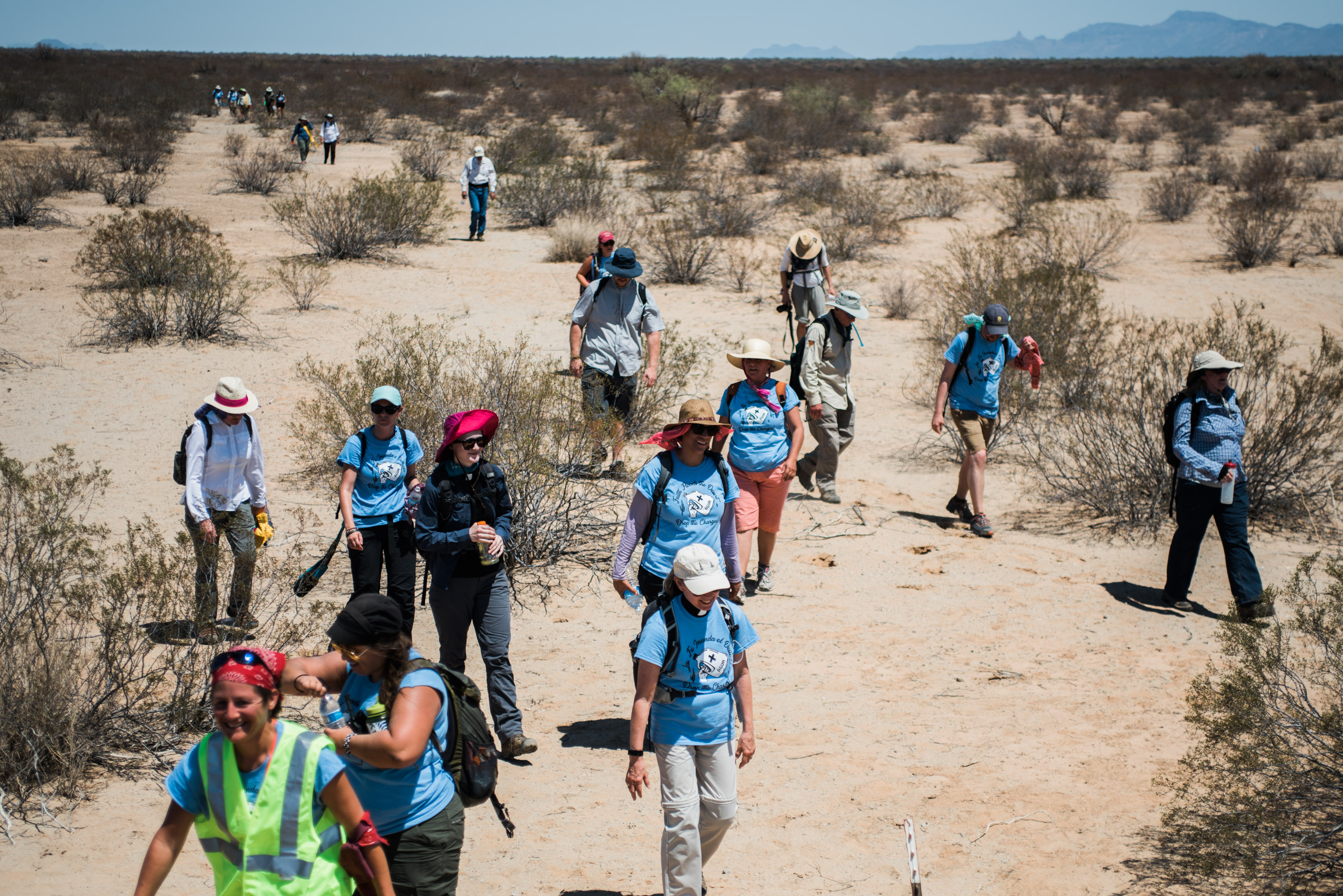
In the unforgiving sun, we carried about three gallons of water each. A gallon or so for our own safety and two to leave in the desert. The group I was in made it about a half mile into the desert at our slow pace. Several people needed to return to the vans before we got there. We were also slowed by the discovery of some bones—these were determined to be non-human animal bones (volunteers frequently find human remains and work to notify family when possible). Our two hours or so in the desert were physically hard on many of us. How does anyone survive the days-long journey?
Our partner, No More Deaths, has done strong work for many years helping to provide services and support to migrants, serving and supporting those who cross the border and treating with dignity and respect those who perish on the trails or seemingly vanish into the ether of the arid and hostile desert.
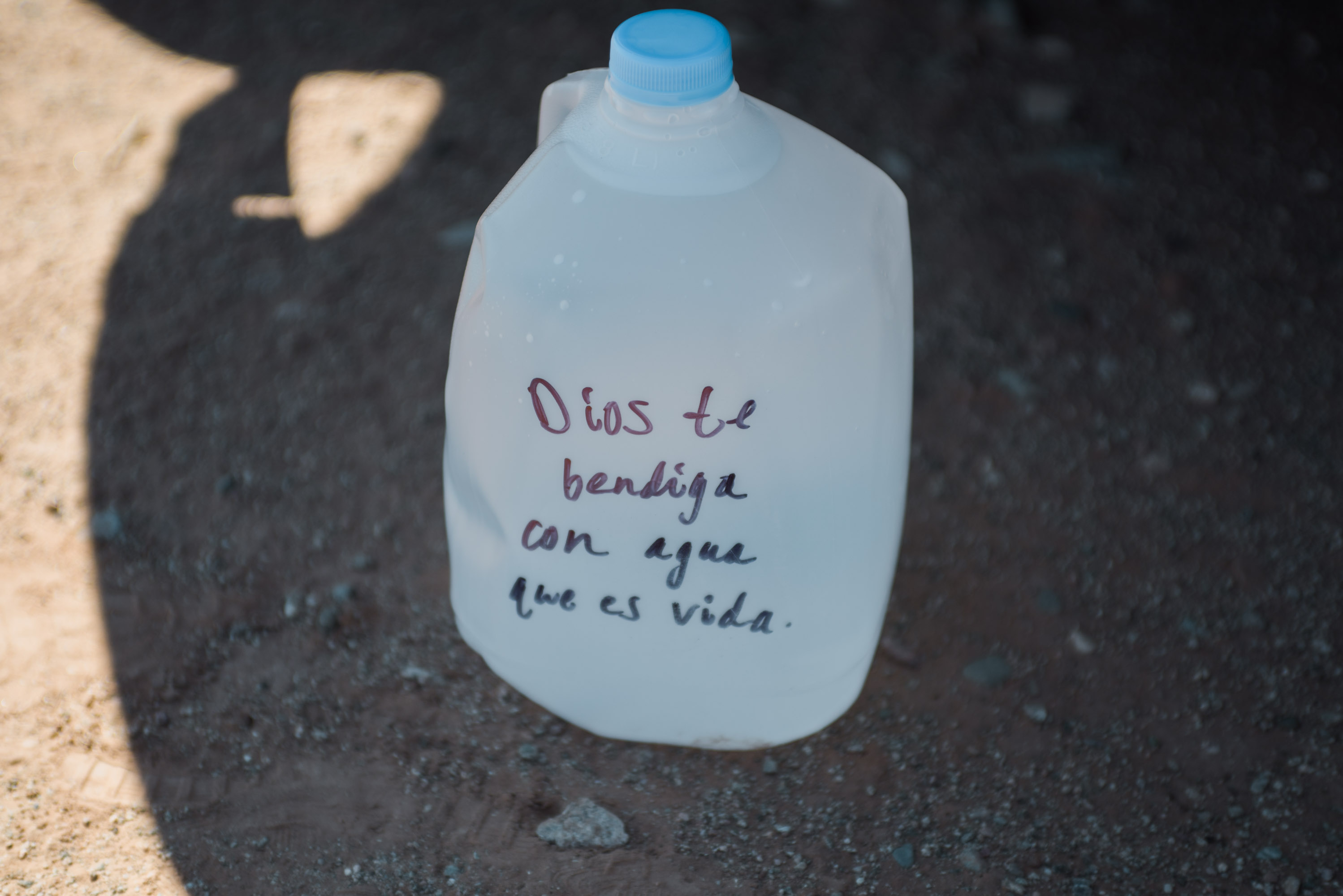
Our group and a smaller group making a longer and more difficult trek delivered 125 gallons of water. We hope and pray that the water, and the messages of support written in Spanish on the plastic jugs, will provide much needed physical and spiritual support to migrants.
You can share in the insight and commitment we gained through our short time in the desert. The UU College of Social Justice schedules Border Witness journeys throughout the year, which offer a powerful way for you and your congregation to deepen your justice engagement. You can also find study resources related to immigration justice and Sanctuary at uucsj.org.
Photos by Ash Ponders
